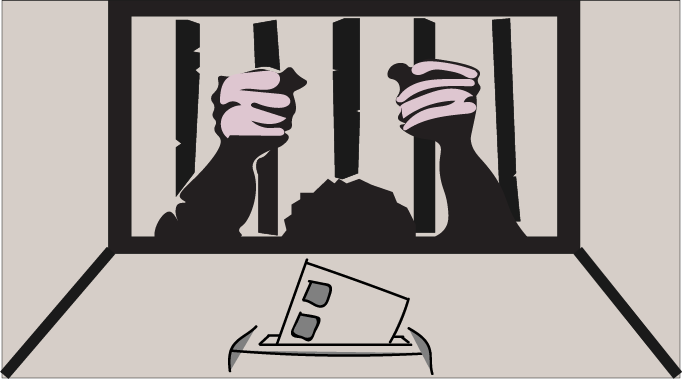Out the doors of Back Bay Station and onto the street. It is snowing in in the streetlights.
Most would hurry to the Copley T stop and vanish into the warmth of the underground trains, but there exist few greater experiences in life than a walk in the snow. The cold of disappearing snow on your face reminds you that you are alive, though not in the same way that the warm bath of sun might-you are alive, but the tiny bites of cold remind you that life is not meant for easy pleasure alone.
Walk past the Fairmont Copley Plaza. The doorman will be spared the brunt of the cold by the heaters above the doorway, but you pause only briefly for a reprieve from the thickening snowfall. The doorman nods at you as you spot a couple, laughing with their heads lowered, holding hands as they rush up Dartmouth St. toward the public library, but you are so unlike them-your hand holds only a bag you packed for the journey between home and Boston. The snow is not a comedic scenario to be shared, like a rude waiter on a dinner date or an unexpected thunderstorm on a family vacation. No, these things are not funny when alone.
Is this loneliness?
Not quite, you decide, because there is you and the snow and the suspicious feeling that there is something else with you. That is when you see Trinity Church. You have not been to Mass in weeks, maybe not since Christmas, but you have been raised a certain way to believe that something is in there, safe and warm beneath the snow-covered roof. You know that if you try the doors, they will be locked, but you cross the snowy expanse between yourself and the church just to try, just to say you did.
When you return to the sidewalk, you are not sure that having entered the church would have much satisfied you anyway. Surely, that is not where that something is. Perhaps it is here, falling slowly and covering the earth with a heaven that will grow dirty with the exhaust of human invention, that will still take days to fully melt away.
You are reminded of Franz Wright’s “The Heaven,” one poem in God’s Silence, in which the speaker stands “in the otherwise vacant / and seemingly ceilingless / vastness of a snowlit Boston / church.”
You look around and see no one is around you-only one taxi idles at a stoplight, as if to take you where everyone else has gone. Back to their houses, back to warmth and their families or their lack thereof. You wonder if you have already found your church.
You know that, back at school, people will be complaining about the additional round of snow. Even your mother says she is sick of it. The perennial mantra begins, the communal push to fast forward time. To you, however, time is still-the only motion comes from the falling snow. Even that taxi might sit at that unchanging traffic light forever.
You know what the papers call this type of weather. “Snowmageddon” and “polar vortex:” the words that describe man’s next titanic battle against snow. Surely, they are wrong.
Wright’s poem returns to you again. The speaker says that his “hope is to die like a child,” and a voice speaks out of the emptiness: “I / can do that-/ if you ask me, I will do it / for you.”
You listen for a voice, but hear nothing. The silence, however, is not a discomfort. It provides you, instead, with the feeling that something would speak were it not already whispering snowfall.
Satisfied, and finding yourself finally before the maw of the Copley stop, you clamber underground with stories of a snow about which no one should complain.
Time starts again. The red light changes to green, and the idling taxi goes.










